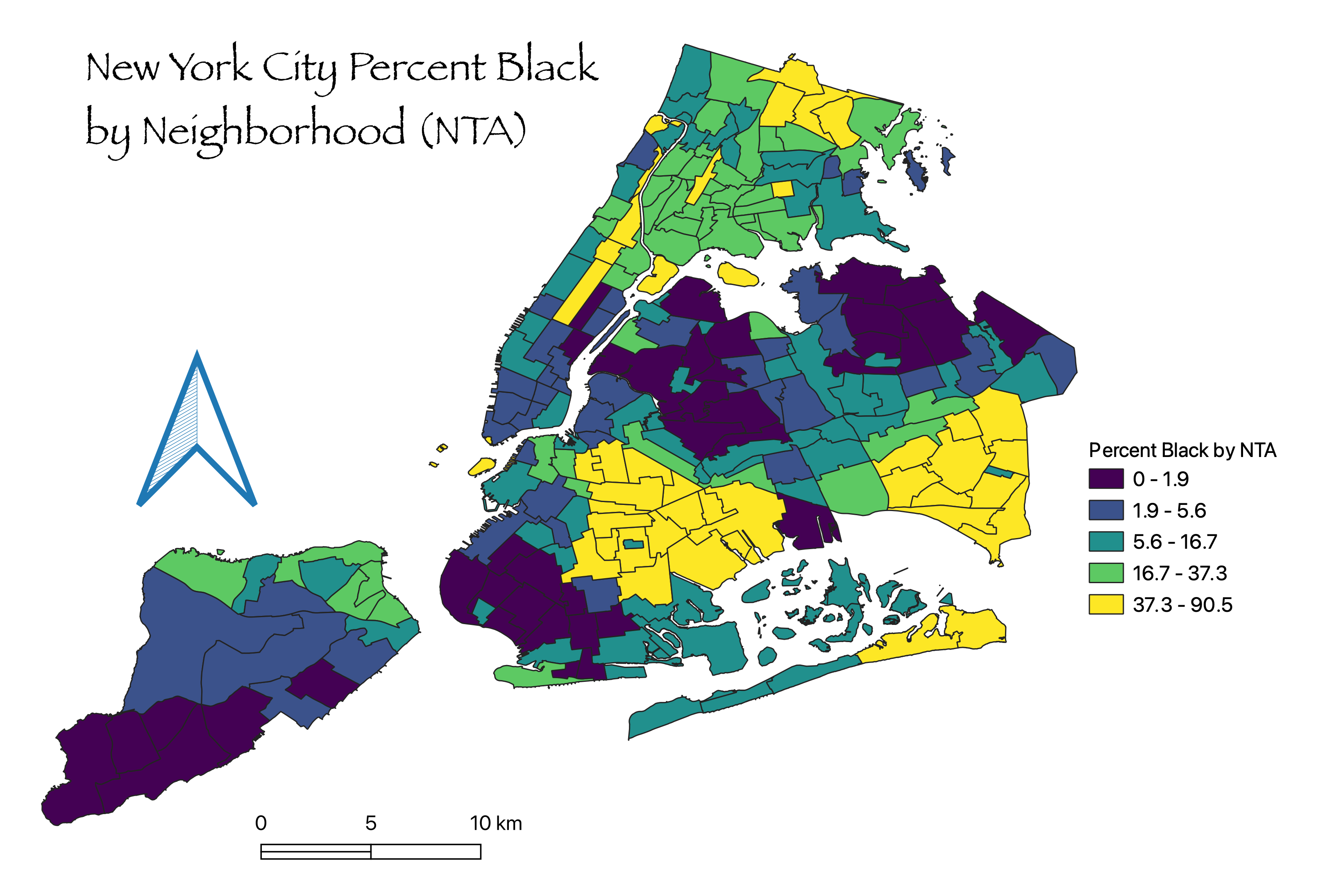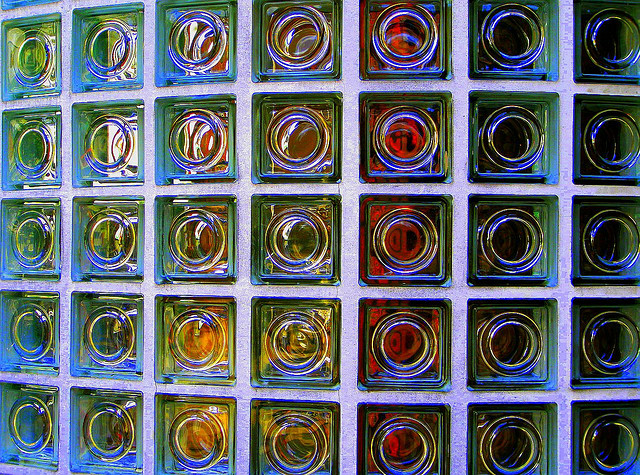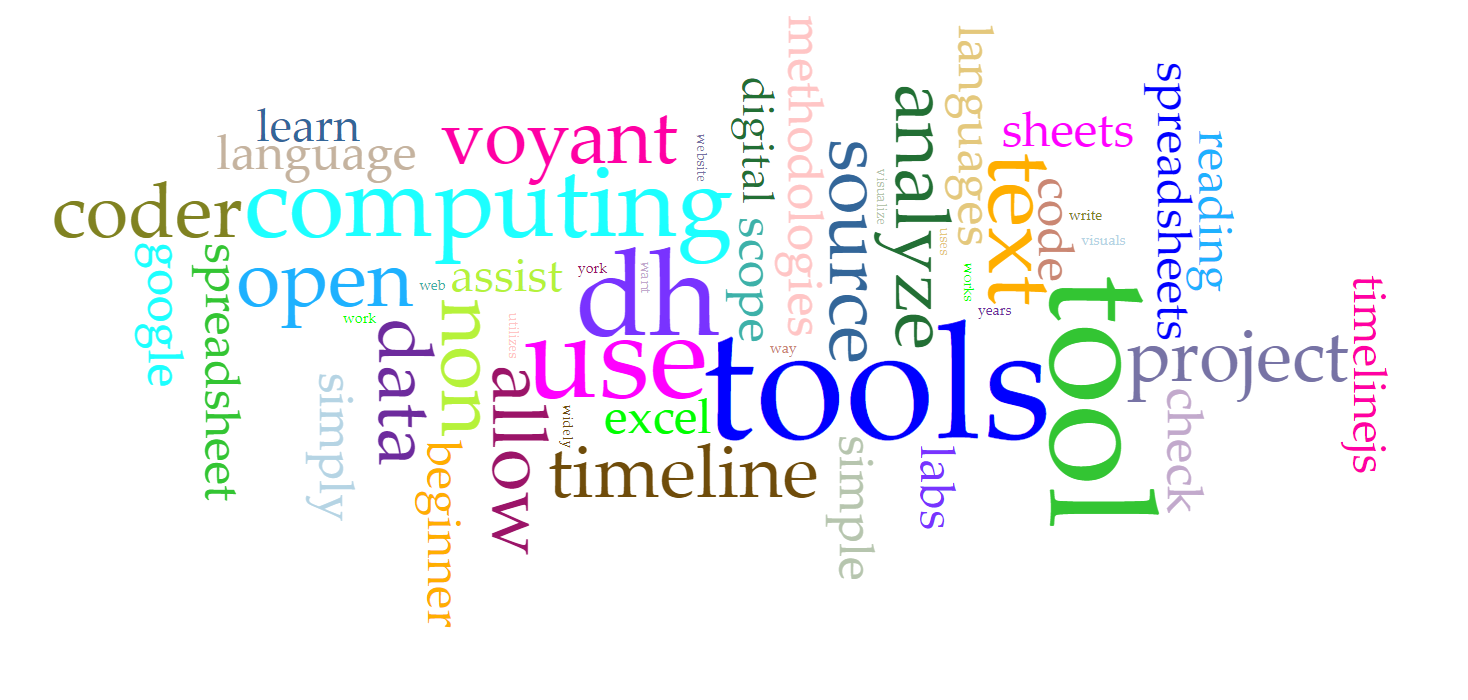
Are you interested in learning more about digital tools for your research or teaching, but don’t know where to start? Former digital fellow Evan Misshula and current digital fellow Erin Glass will be presenting this Monday at Fordham’s Lincoln Center location on why it’s critical that academics of all disciplines participate in the use and development of digital technologies. Both talks will include suggestions for implementing new tools and methods in your research and teaching. In addition, our host Boyda Johnstone (Ph.D. student in English at Fordham University) will present on using Twitter as a professional tool. Presentations will be followed by an open discussion about finding local communities and online resources to assist in digital literacy training. Abstracts of our talks below.
If interested, please RSVP at FORDHAMGSDH@GMAIL.COM.
Monday, November 9th 6- 7 pm
Fordham Lincoln Center location
113 W 60th St, New York, NY 10023
Room LL418
Getting started with free software: computation is too important to be left to CS Departments
Evan Misshula
Many paths can lead to an interest in a computational problem. You can be interested in knowing the themes of women writers in the eighteenth century or the use of color in 1970’s graffiti art. You do not have to fit any preconceived notion of what a hacker or computer nerd looks or sounds like. However, learning digital skills data analysis, handling files, machine learning, topic analysis, data bases, web applications is hard work. (You didn’t think the Patriachy was going to F@#$ itself, did you?) The talk will provide practical resources and strategies for gaining the computer skills your research demands.
Student writing as web politics: digital tools for creating a participatory student commons
Erin Glass
Student writing is conceived of as a waste product–a valueless byproduct in the production of literate citizens. Current technologies for composing and submitting student writing reinforce this attitude by making it all but impossible to generate a sustainable public for student work. Though profit-driven social technologies offer new public opportunities, they continue to alienate students from understanding and directing the ways in which technologies shape the social potential of their work. This talk will introduce Social Paper, a non-proprietary socialized writing environment in development at The CUNY Graduate Center with the support of a National Endowment for the Humanities Digital Start-Up Grant. Participants will have a chance to see the tool before its December release, learn how they might use it in their own writing or teaching, and discuss





